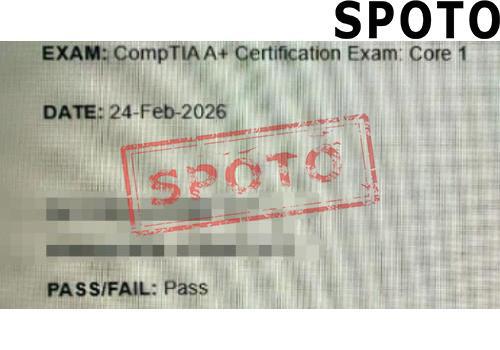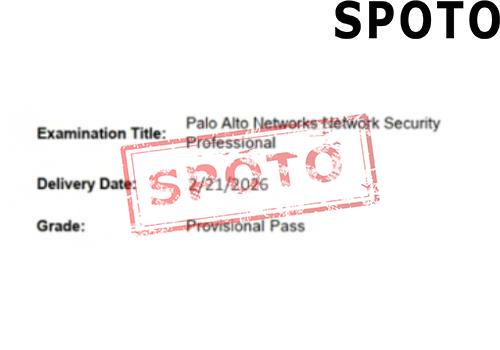
Table of Contents
Escalation Engineers are highly skilled individuals responsible for handling complex, sensitive or urgent customer issues that cannot be resolved by the front-line team.This article will introduce you to what an Escalation Engineer is, the career information and prospects of an Escalation Engineer and the necessary conditions to become an Escalation Engineer.
1. What is an Escalation Engineer?
Escalation Engineers are highly skilled individuals responsible for handling complex, sensitive or urgent customer issues that cannot be resolved by the front-line team.
2. What does an Escalation Engineer do?
Escalation engineers are responsible for handling complex, sensitive or urgent customer issues that the front-line team cannot solve. Specifically, their work includes: First, managing hot customer escalations and promoting problem resolution, conducting in-depth analysis of technical issues, finding out the root causes, and keeping all relevant parties informed. Secondly, working with teams around the world to promote the resolution of escalation issues, and supporting process improvements for functional teams such as development, quality, and product management, and providing expert support for hardware-related customer issues reported by the global technical support team. Finally, proactively learning new features and providing TOI before official release, as well as providing a technical contact point in partnerships with other companies.
3. Career Insights: Salary, Outlook & Related Roles
(1) Escalation Engineer Salary
According to data from ZipRecruiter on May 27, 2026, the average annual salary for an upgrade engineer in the United States is $97,063. That's about $46.66 per hour. That's $1,866 per week or $8,088 per month. The highest annual salary can be as high as $136,500 and as low as $46,500, but most upgrade engineers currently make between $82,500 and $110,000, with the highest earners in the United States making $132,000 per year. The average salary range for upgrade engineers varies widely (up to $27,500), which means there may be many opportunities for advancement and pay increases depending on skill level, location, and years of experience.
(2) Job Outlook of Escalation Engineer
According to the U.S. Bureau of Labor Statistics, overall employment in the construction and engineering industries is expected to grow faster than the average for all occupations between 2023 and 2033. Due to job growth and the need to replace workers who permanently leave the industry, these industries are expected to have an average of about 195,000 job vacancies each year. The rising demand for talent in these fields also means that the demand for Escalation Engineers will rise, and the overall employment outlook for Escalation Engineers is optimistic.
(3) Similar Occupations
- Technical Support Engineer
- Support Specialist
- Desktop Support Engineer
- Software Support Engineer
- Application Support Engineer
- Help Desk Technician
- Systems Engineer
- IT Support Engineer
- Network Engineer
- DevOps Engineer
- Cloud Engineer
- Support Engineer
4. What Are the Qualifications to Become an Escalation Engineer?
(1) Obtain a Bachelor's Degree
During the job search process, employers tend to recruit candidates with relevant majors. When hiring Escalation Engineers, employers tend to recruit candidates with a bachelor's degree in a specific field such as computer science, engineering and related subjects. Of course, a higher degree can help career development. In addition, candidates with additional qualifications such as software development, network administration and database management experience are usually more favored.
(2) Develop professional skills
The position of Escalation Engineer generally requires the following core skills: First, in terms of operating systems and network protocols, escalation engineers are required to have experience in using Linux, Unix or FreeBSD systems, be familiar with protocols such as HTTP, SMTP, FTP, DNS, and be able to use tools such as Ping, Traceroute, MTR, etc. to troubleshoot network problems. Secondly, they need to have knowledge and skills related to network security, such as knowledge of SSL/TLS, VPN, firewall, IDS/IPS and other technologies, and be able to handle complex security issues. In addition, authentication systems (such as LDAP, Microsoft AD) and VPN technologies (such as IPSec) are also requirements for this position. Finally, escalation engineers need to be familiar with Shell scripts and Python programming languages, be able to develop automation tools to improve work efficiency, and write technical support documents.
(3) Earn Industry Certifications
Obtaining a certification that is highly recognized by the industry can prove your professional ability and ability to perform the position, and can also enhance your competitiveness in the workplace. Therefore, we recommend that you obtain the Cisco Certified Specialist – Data Center Application Services Certification, offered by Cisco, is a prestigious credential recognized worldwide. This certification validates your skills in deploying and managing application services (such as load balancing, security policies, automation scripts, etc.) under the Cisco data center technology stack, and is applicable to enterprise-level IT infrastructure, cloud platforms, and DevOps scenarios.










